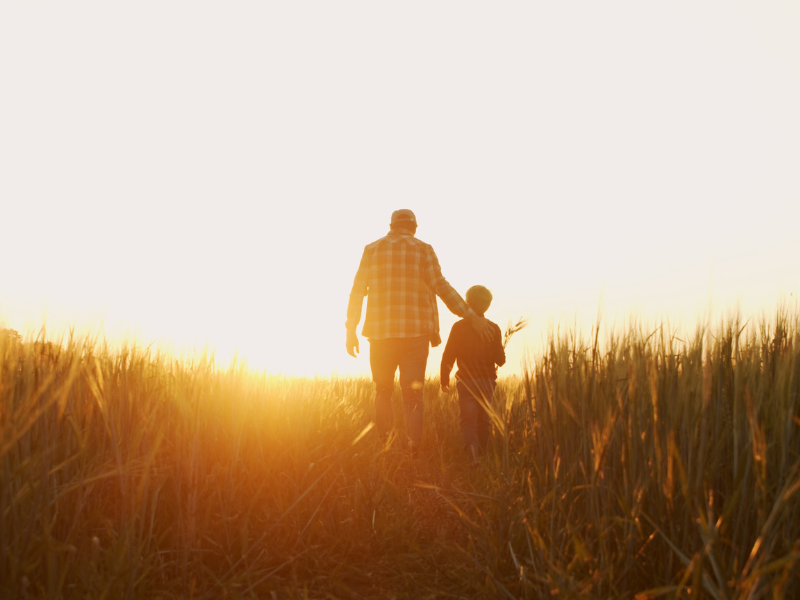
Insightful words from a pediatric psychologist
2 February 2026
Rise in respiratory infections and measles outbreak: important infection prevention measures at the Montreal Children’s Hospital.
Read moreWelcome to the Montreal Children's Hospital

28 August 2025
As harvest season is in full swing, many children and teenagers across Québec are spending more time on farms, often lending a hand. Between 1990 and 2022, 318 children died in Canada from farm-related injuries, two-thirds of which involving machinery such as tractors, front loaders and all-terrain vehicles (ATVs).
Beyond fatalities, many more suffer devastating injuries, often requiring emergency surgery and resulting in permanent disability.
“At our Trauma Centre, we see children and teenagers with a variety of injuries including amputations from saws, crushed limbs from tractors, traumatic brain injuries from ATV rollovers and severe traumas from using front loaders for recreational activities,” says Debbie Friedman, Trauma Director at the MCH. “These injuries can alter the course of a child and a family’s life forever.”
Teenagers at particular risk
While young children are most vulnerable as bystanders, teenagers face a different set of risks as they take on more responsibility. They may be tasked with operating tractors, using heavy machinery such as lawn mowers or electric saws, or handling livestock jobs that require skill, maturity and training.
Quebec’s law reflects these dangers:
“Parents may think teens are capable of handling machinery and other equipment used for harvesting, but one wrong move can have lifelong consequences,” says Liane Fransblow, Coordinator of the MCH Injury Prevention Program. “Proper training, supervision and respecting legal restrictions are essential to keeping our teens safe.”
“In the Emergency Department (ED), we often see the immediate aftermath,” explains Dr. Laurie Plotnick, Emergency Physician at the MCH. “What’s heartbreaking is that many of these incidents could have been avoided with restricted access, supervision and awareness.”
The invisible cost: long-term recovery
“For many injured children, survival is just the beginning,” notes Dr. Sabrina Cugno, Plastic and Reconstructive Surgeon at the MCH. “We have treated complex amputations, when possible re-implanting the limb with the ultimate goal of the best long-term functional outcome. These children face not only physical scars, but psychological trauma as well.”
Top safety recommendations
For full task-by-age safety guidance, visit the Canadian Agricultural Safety Association and CNESST websites.